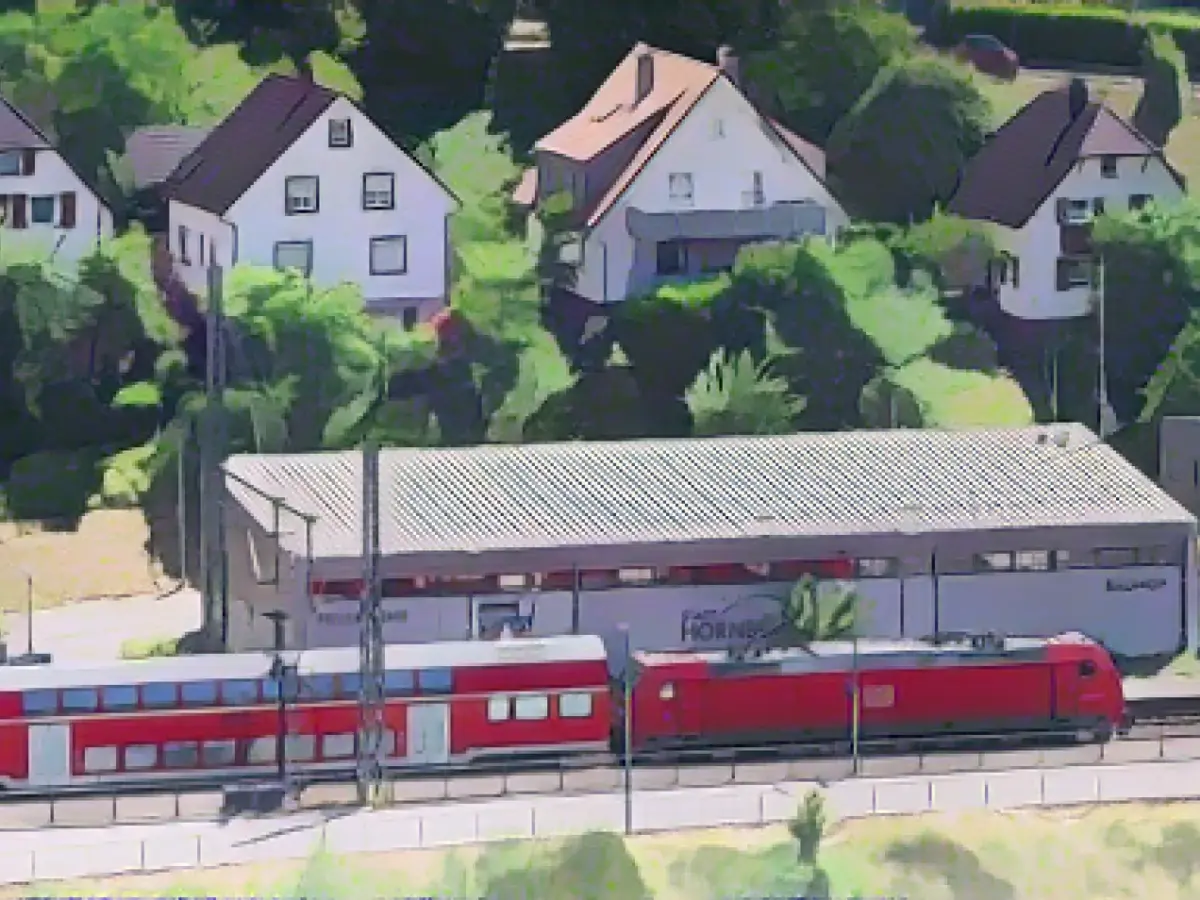The hospitality industry in Germany is currently grappling with a seemingly unending crisis, leaving many hoteliers, like Michael Heinzler from Lake Constance, feeling uneasy about the future. Factors such as inflation, increased operational costs, and a return to a 19% VAT rate in the industry have led to price hikes of up to 18%. The situation is novel, and there's uncertainty about guest reactions to these increases.
Tobias Warnecke, Managing Director of the German Hotel Association, shares this sentiment, expressing that the industry is "challenging times." Post-pandemic, the sector is still lagging behind pre-crisis levels in terms of revenue, recording a 6.7% decline compared to the past. Despite this, the number of overnight stays is nearing pre-corona levels, reaching even higher in May and September of 2023.
Profits in the hotel industry have always been slim, explains Warnecke, and this situation has pushed margins further down due to rising costs. Stephanie Zarges-Vogel, a hotel consultant, agrees, stating that even with increased sales, the result is not necessarily higher. The key to profitability rests in focusing on individual aspects.
The industry's fluidity and planning challenges prove difficult. Hotels without a distinctive concept or strong positioning may struggle in the near future, while catering to both budgets remains challenging. The good news is that Germany's price-performance ratio in the hospitality sector has been commendable, generally difficult to achieve due to the nation's price-sensitive population.
Zarges-Vogel emphasizes the importance of considering guests' growing needs and increasing sensitivity. Individuality is hence vital – from breakfast buffet offerings to unique decor, to personalized services. This sets hotels apart from large chains, providing exclusive selling points that big operators can never replicate.
Lake Constance-based hotelier, Michael Heinzler, is fortunate to benefit from his location within the vicinity of the popular vacation and tourism region. Warnecke observes that city and business hotels are more heavily impacted by the consequences of the Coronavirus than holiday hotels. However, this also presents an opportunity for hotels to adapt, respond to market conditions, and maintain their success.
Additional Insights:
- Research reveals that German hotels, irrespective of Europe or the rest of the world, experienced a 70% occupancy rate in 2021, surpassing pre-pandemic levels[1].
- The same study indicates that Germany's hotel market will face full recovery by 2025, as travel patterns return to normal[2].
- The rate of hotel room demand is projected to grow at a 2.08% compound annual growth rate from 2022 to 2027[2].
- The struggling gastronomy sector is intertwined with the hospitality industry. Interestingly, the German market is expected to witness growth of 3.7%, driven by changing consumer behaviors and expected travel resurgence after the pandemic[3].
[1] TCN World, "German Hotels Surpass Pre-Pandemic Occupancy Rates. Here's What That Means for Dealmakers," 2023. [2] Statista, "Germany - Hotel room demand from 2022 to 2027, by type of establishment," 2023. [3] IBISWorld, "Germany Hotels Industry Report," 2023.








